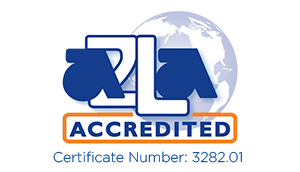Mechanical Testing
Mechanical testing is accomplished by forcing a part or materials sample to fail by the application of various types of mechanical loads. It is also known as destructive testing because during testing part or sample may break in to two or several parts. In contrast, non-destructive testing does not affect the part’s future usefulness and leaves the part and its component materials intact.
Types of Mechanical Testing
A variety of mechanical testing are available. They are classified based on the type of loading applied. Most common mechanical testing are:
- Hardness Testing
- Compression Testing
- Flexural or Bend Testing
- Tensile Testing
- Modulus Testing
- Shear Testing
- Torsion Testing
- Fracture Mechanics Testing
- High Temperature Testing
- Cryogenic Testing
- Poisson’s Ratio
These tests are also known as static mechanical testing because the rate of loading is generally low. In contrast the rate of loading in dynamic tests are high and variable. Typical tests in this category are:
Most of the above tests are general done at ambient conditions. In addition, mechanical tests are also done at high temperatures to understand the material behavior. Typical such tests are:
Capability – At TTL, we have capabilities to test materials and products under a variety of loading conditions like tension, compression, shear, torsion, etc. In addition, we also have capabilities to run dynamic tests like impact, drop tower tests, fatigue, creep, etc.



Touchstone is committed to providing its customers with quality, reliable test results. That is why we have undertaken the rigorous steps needed to meet and secure the most stringent of test lab accreditations including ISO/IEC 17025, NADCAP 7101 (Materials Test Lab) and NADCAP 7122-I (Non-Metallics Materials Testing).
© 2024, Touchstone Testing Labs | Design by Wheelhouse Creative

